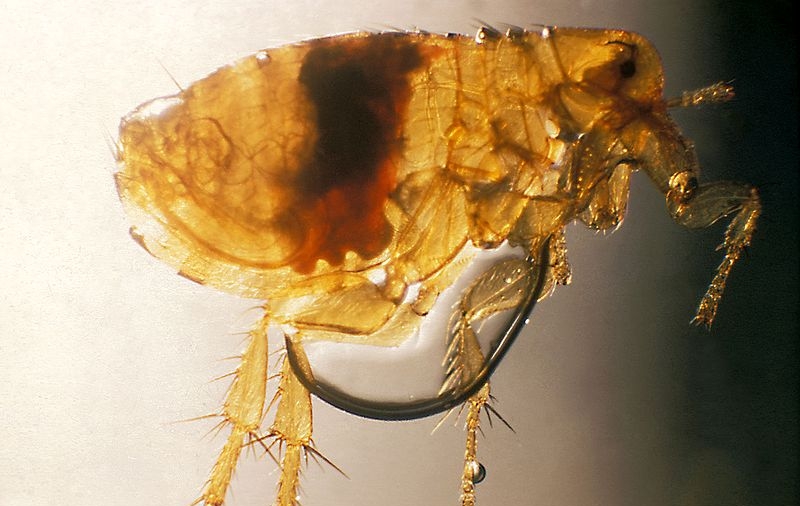A Texas man lost both of his hands and all of his toes after a single flea bite.
Michael Kohlhof, 35, was admitted to a San Antonio emergency room after losing feeling in his toes and suffering from what his family initially thought were severe flu symptoms, according to his family’s GoFundMe post.
Soon after, he was transferred to the intensive care unit as his body went into septic shock and his organs began failing. Within 24 hours, Mr. Kohlhof was put on a ventilator, antibiotics, dialysis, and IV medications as doctors tried to keep him alive.
“By the end of June 20, I was told to call immediate family to come from all parts of the country to say their goodbyes,” his mother J’Leene Hardaway wrote in the post.
Mr. Kohlhof’s brother Greg told KENS5 that his sibling “almost died once or twice.” “They were worried about him being brain dead.”
After receiving intensive medical care, Mr. Kohlhof woke up about a week and a half later. He remains in the hospital, with numerous additional surgeries to be expected.
Doctors explained that Mr. Kohlhof experienced sepsis by contracting typhus from a single flea bite, which caused the tissue in his hands and feet to decay. His hands have been amputated and doctors are now determining which parts of his feet can be saved.
“He was the victim of a severe and traumatic bite from one single flea,” Ms. Hardaway said.
According to the Centers for Disease Control, symptoms of typhus include fever and chills, body aches, muscle pain, loss of appetite, a rash, and vomiting. Usually, people who have been bitten by infected fleas seek medical attention after noticing swelling or a rash around the bite mark, but Greg said his brother didn’t notice any symptoms until it was too late.
“Untreated, typhus can cause severe illness and damage to one or more organs, including the liver, kidneys, heart, lungs, and brain,” the CDC warns.
Typhus affects around 200 people in the United States each year, according to the California Department of Public Health (CDPH).
The infection is commonly found in tropical and subtropical climates. It does not spread contagiously and is treatable with antibiotics. To prevent typhus, the CDC recommends that residents use flea control on their pets, tuck their pants into their socks or boots when outside, and avoid wild or stray animals.
Mr. Kohlhof is a volunteer, handyman, art lover, and part-time pet sitter whose hobbies all revolve around his hands.
“Me and him talked about it. It’s not your hands that do all these great things. It’s your mind,” Greg said he told his brother. “You’ll just have to find a new avenue to exercise it.”
“I think he also wants people to know this kind of stuff is out there,” said Greg. “There are fleas, there are diseases, but just be cautious, be aware, don’t be afraid to live your life.”
Mr. Kohlhof’s family has set up a GoFundMe page to cover the costs of his medical care as he does not have health insurance.
“Michael has strength and will be undergoing an excruciating number of surgeries, therapies and rehabilitation, mostly to restore activities of daily living. But he shouldn’t have to be worried about the financial pain,” Ms. Hardaway wrote.


